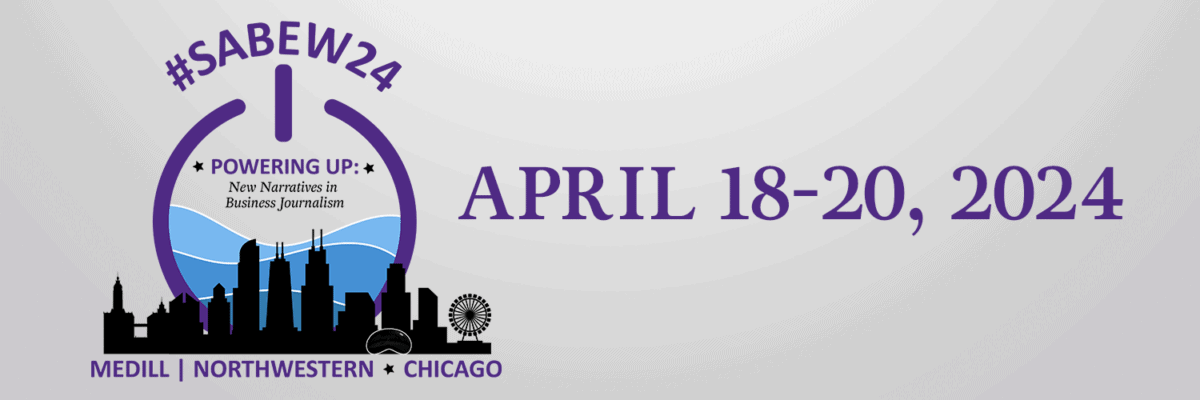By Kylee Stone
Ashley Childers was diagnosed with a medical condition called pseudotumor cerebri while in high school. This diagnosis required frequent medical services including regular appointments with a therapist and a psychiatrist.
She depended on her parents’ medical insurance in order to afford these medical visits and medication, including one called Latuda that she took for about one year. The patent for this medication has not been released to the public in order to create a less expensive generic version of the drug.
Until she met her deductible, Childers paid $1,000 per month in addition to the $1,000 that her insurance covered. After the $4,000 deductible was met, she only had to pay $15 per month
“It’s life changing to me to be on my parents’ insurance because it allows me to access medications and doctors that I require as well as just having the stability and the emotional comfort of knowing that if something were to happen to me I would be okay,” said Childers, now a student at the University of Georgia.
“The Affordable Care Act (ACA) allows young adults to stay on their parents’ insurance until the age of 26 which encourages young adults to remain insured and participate in the overall risk pool,” said Elizabeth Weeks, a law professor and associate provost for faculty affairs at UGA. She is a former chair of the Association of American Law Schools Section on Law, Medicine, and Health Care.
According to a survey from the Center for Medicare and Medicaid Services, young adults are the most underinsured age group. About 30% of young adults are not insured which is triple the uninsured rate among children, the survey said. However, a report from the Century Foundation indicated that since the passing of the ACA in 2010, the insurance coverage among students had increased 10 points by 2018.
Weeks said that young adults are sometimes referred to as the “young invincibles” due to their tendency to underestimate their need for health insurance as a result of their youth.
“So, they tend not to buy into the health insurance system, but because health insurance works in a model of risk pooling, it works better if it has a mix of risk profiles of healthy people and not healthy people… it’s really important for making it function and for making it affordable,” she said.
The younger generation’s perception that it doesn’t need health insurance is a fallacy, according to the Center for Medicare and Medicaid Services. For example, the agency reported that one in six young adults suffer from a chronic illness such as diabetes or cancer.
Uninsured young adults facing these illnesses typically would have difficulty paying their medical bills as a result of a lack of access to affordable healthcare, said Weeks. By allowing children to use their parents’ insurance until the age of 26, the risk pool became more diverse which meant more effective and affordable insurance, she said.
Additionally, Weeks said the ACA benefits young adults because it establishes a precedent of health insurance coverage for a portion of the population who typically wouldn’t reap the benefits of health insurance.
“There’s a large toll, I believe, it takes on individuals when you don’t have insurance,” said Childers, “Because at any moment something small could happen and completely alter your life especially if you don’t have insurance.”
Kylee Stone is a journalism student at the University of Georgia.






